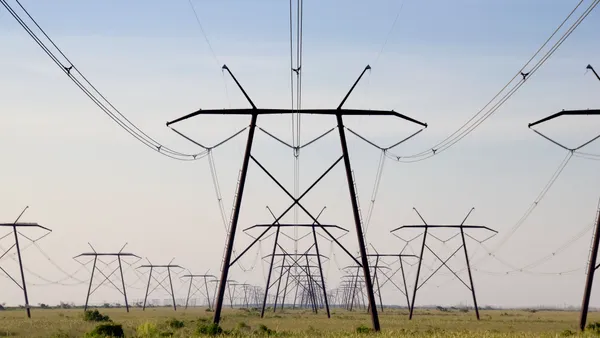Dive Brief:
- The Minnesota House and Senate yesterday passed a Jobs and Energy Omnibus Bill that would exempt small rural utilities from taking part in the state's Conservation Improvement Program, which offers customer incentives for high-efficiency appliances and home energy audits.
- The Citizens Utility Board of Minnesota is opposed to the measure, which exempts small power companies with fewer than 5,000 members and municipal utilities with fewer than 1,000 customers.
- While it's unclear if Gov. Mark Dayton (D) will sign the bill, there are reports that the governor's staff reviewed the language before lawmakers voted. He previously vetoed a version of the bill that would have eliminated a renewables development fund.
Dive Insight:
Dayton has previously vetoed legislation he felt would harm the state's clean energy and conservation programs, but Minnesota Public Radio reports the governor's staff worked with lawmakers on this particular bill's language before the most recent votes. But some green advocates remain opposed, saying rural communities need access to efficiency incentives.
The omnibus bill exempts small power companies from participating in the state's Conservation Improvement Program (CIP), which offers incentives to customers, including discounts on high-efficiency appliances and home energy audits.
"I'm disappointed to see the CIP provision in the energy bill," Annie Levenson-Falk, executive director of the Citizens Utility Board of Minnesota in a statement emailed to Utility Dive. "The rural folks we work with have been very concerned about losing access to energy conservation programs. People in small towns should have access to these programs, just like people in the cities."
Earlier this month, Dayton vetoed an energy and jobs package he said would "erode the clean energy progress we have made over the last decade," reducing citizen input on siting decisions and rolling back energy efficiency gains. That version of the bill would have eliminated a Made in Minnesota renewables manufacturing program, along with a renewables development fund.












